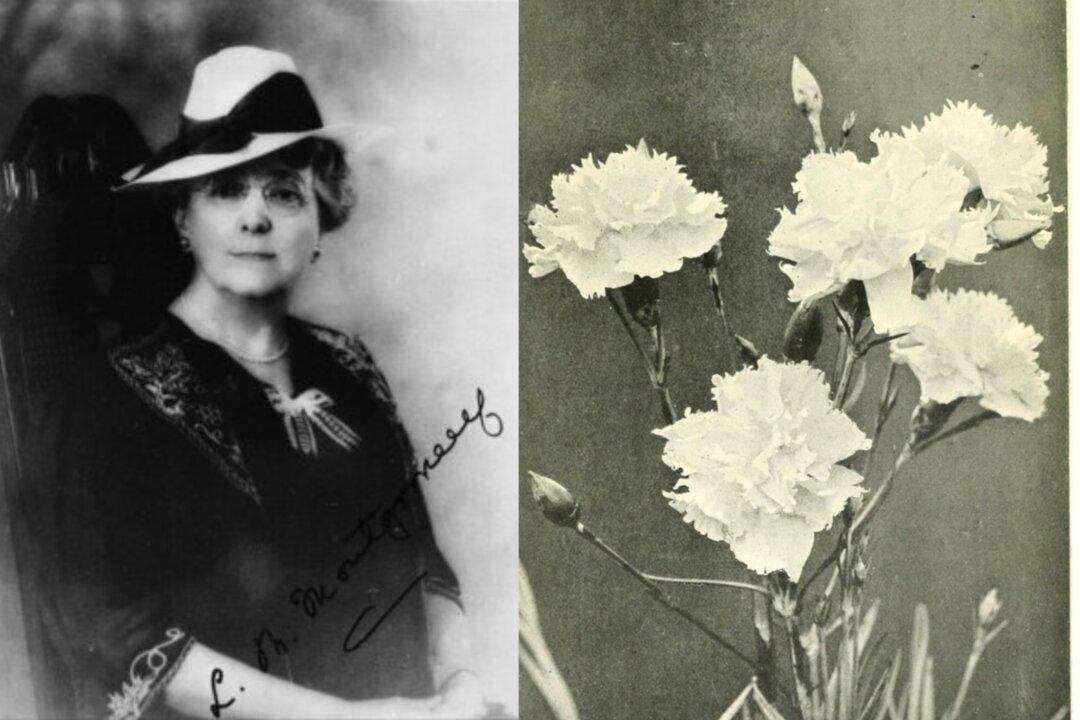“Checkmate!” concludes a chess match and separates the victor from the vanquished. Yet the ending of the chess match is not the most important part of the game. What matters most are the moves and strategies that precede the win and constitute the game.
In his essay written in 1750, “The Morals of Chess,” Benjamin Franklin focuses on the moves and strategies in chess that can bring about victory, defeat, or stalemate. This simple game teaches individuals many valuable lessons.






